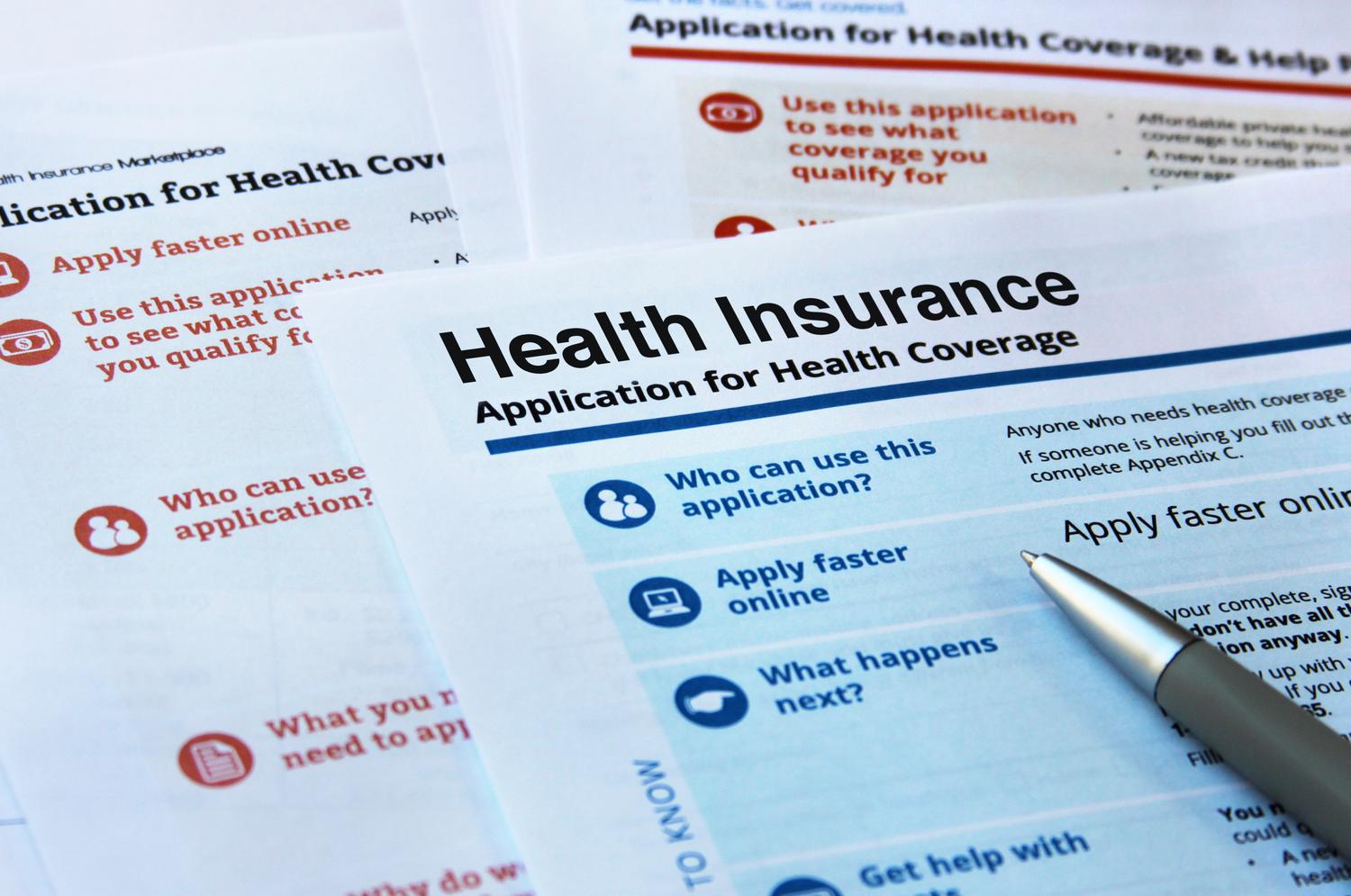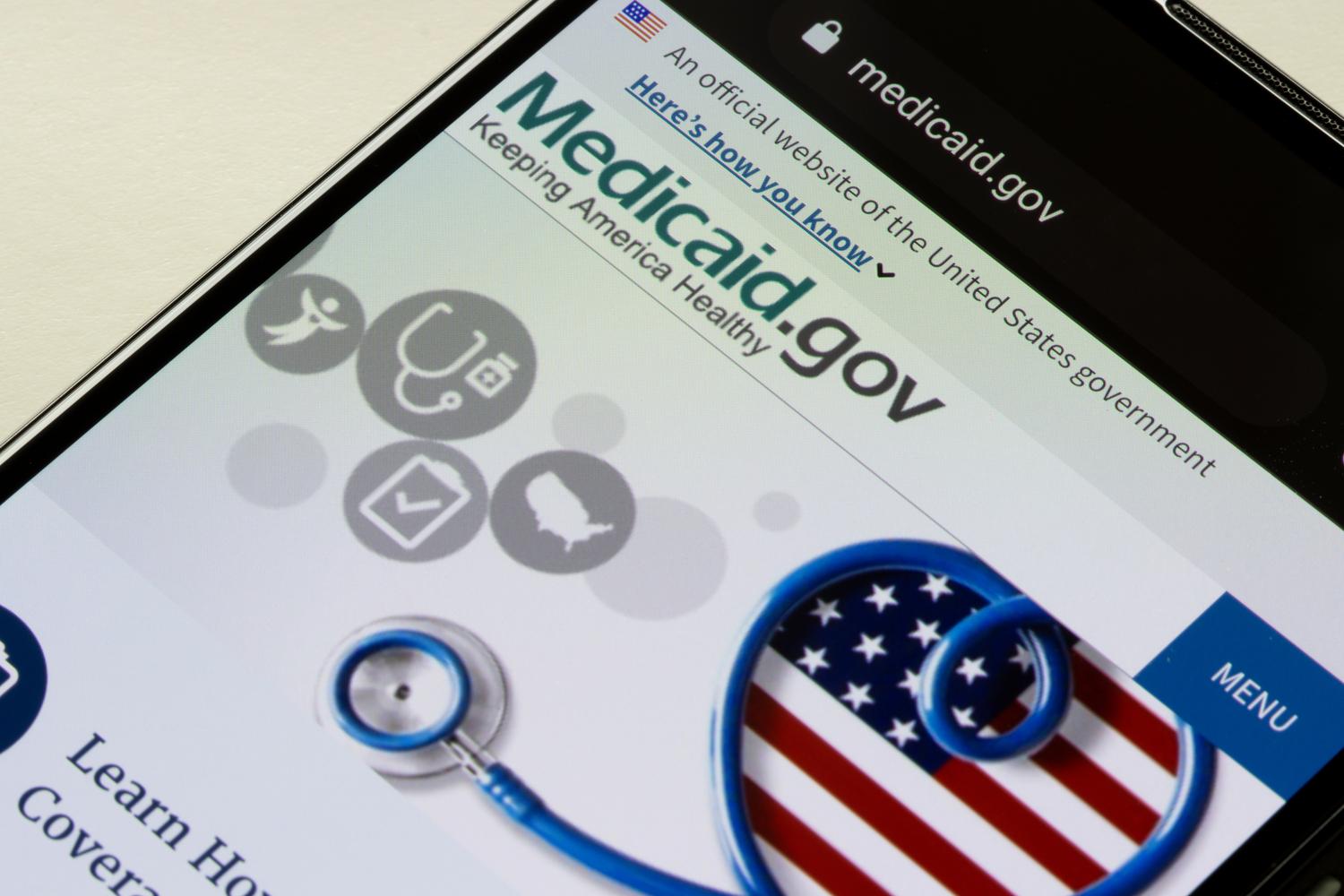Is Medical Debt Affecting Your Credit?
If you’re one of the millions of Americans with overdue medical bills, here are several steps you can take to prevent medical debt from impacting your credit.
As health insurance deductibles and premiums increase at record numbers, medical debt is growing more and more common for millions of Americans. According to a recent Lending Tree Survey, almost a quarter of Americans have unpaid medical bills – and medical debt doesn't just impact those without insurance. Here’s what you need to know about medical debt and its impact on your credit score.
What is medical debt?
Medical debt refers to the outstanding money owed that builds up due to unpaid medical expenses, such as unpaid copayment amounts or fees charged for medical care. In the U.S., healthcare costs can be substantial, especially for complex procedures or long-term treatments.
Medical debt can arise for various reasons, including the high cost of medical services, inadequate health insurance coverage, or unexpected medical emergencies. Even individuals with health insurance may still face significant out-of-pocket expenses, such as deductibles, copayments, and non-covered treatments. In fact, almost 70% of people with medical debt said they hadn't paid a bill in full because they were expecting their health insurance to cover it. Additionally, some people may not have health insurance at all, leaving them fully responsible for the entire medical bill.
This debt can have severe consequences for the person's financial well-being, potentially leading to financial hardship, stress, and even bankruptcy. If you or someone you know is facing medical debt, it is crucial to communicate with healthcare providers and explore available options for financial assistance, payment plans, or negotiating the debt.
Do I have rights and protections when it comes to medical bills and collections?
Staying informed about healthcare policies and seeking guidance from advocacy organizations can be extremely beneficial in managing and reducing the impact of medical debt.
For example, a number of federal agencies - including Congress - have introduced new protective legislation to combat the medical debt crisis. One such law, the “No Surprises Act,” protects people from getting surprise medical bills when they have an emergency or get care from an out-of-network provider at an in-network facility. Although the act has limitations, including for specific services like ground ambulances and for individuals with insurance from a self-insured employer, it does offer some defense against exorbitant medical billing practices.
Another guidance issued by the Consumer Financial Protection Bureau (CFPB) states that debt collectors and credit reporting companies cannot collect or report invalid medical debt. Both of these rules indicate that there are indeed laws and organizations that are in place to protect consumers - you just need to know where to look.
Does medical debt affect credit score?
It depends. As of March 2023, credit reporting companies are not allowed to include medical collections under $500 on your credit report. However, larger amounts of medical debt can negatively affect your credit score. If you’re one of the millions of Americans with overdue medical bills and want to prevent medical debt from impacting your finances, we’ve summarized the most recent CFPB guidance and additional savings tips below:
1. Check your credit report
All three nationwide credit reporting companies (Equifax, Experian and TransUnion) offer free online credit reports once a week through AnnualCreditReport.com. Per the CFPB, you should check for the following on your credit report once you have access to it:
- If you previously had a medical collection under $500, a paid medical collection, or a collection less than a year old on your credit report, check to make sure they no longer appear on your reports. Be aware, however, that this doesn’t include credit card collections, even if you used your credit card to pay for a medical expense under $500.
- Also, while you’re looking at your reports, check for any other information that might be inaccurate.
- If you find a medical collection under $500, a paid medical collection, a collection less than a year old, or errors on your report, you can dispute that information with the credit reporting company.
2. If your concerns aren’t being resolved, file a complaint.
Part of the CFPB’s mission is to stand up for consumers and make sure they are treated fairly in the financial marketplace, so they take the enforcement of federal consumer financial laws very seriously. If you discover erroneous medical bills on your credit report, or if you encounter difficulties disputing other medical billing mistakes with these agencies, you should file a complaint with the CFPB. This will allow them to look into the matter for you and confirm that credit reporting agencies are diligently investigating any disputed information.
3. Seek medical care with up-front, transparent pricing
A tip from us at Sesame: A great way to prevent additional medical debt from accruing is to shop around for additional medical care. Cash-pay marketplaces like Sesame remove health insurance from the equation and connect you directly with healthcare providers. This model allows you to see the price of a doctor’s appointment, lab, or other medical service before you purchase it, so you won’t have any unexpected medical bills after you receive care. Shopping around also enables you to find the best care at the lowest price. By taking control of your healthcare choices and costs, you can not only achieve considerable savings but also cultivate a healthcare experience that prioritizes your personal health needs and financial capacities.
No one should be forced to delay or forego medical treatment due to medical debt, and being informed about the latest consumer financial protections and medical care pricing options can go a long way toward protecting your finances and your health. By facilitating more affordable and transparent care, cash-pay models like Sesame hold the potential to reshape our healthcare system into one that truly values and incentivizes patient outcomes and satisfaction.









